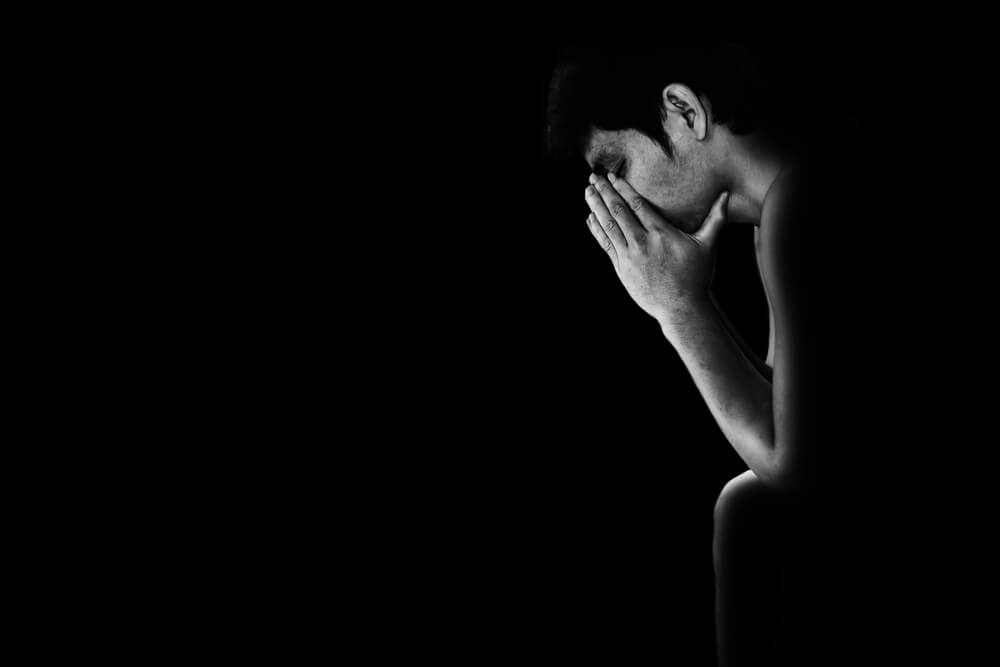Are you or someone you love in need of finding help for depression? If so, this information will be useful.
It is a subject that sometimes is taken too lightly and not given the degree of importance that it requires, but finding the right kind of help for depression may actually help save a life. Identifying the signs and knowing where to go is key.
Many of us are lost when it comes to finding out where to get help for depression, but we really miss out the first step into getting that help: talking.
Talking about our feelings, about being sad, about going through the motions on our daily life seems to be almost taboo and that is where we, as a society fail. We are too worried about what others may thing, or whether or not we are simply not normal anymore.
Truth is, is estimated that depression is a mood disorder that affects thousands of adults, children and the juvenile across the World without discrimination.
We can all be affected by depression at some point in our lives, and it is not necessarily something that lives with us on a permanent basis. Seeking help for depression plays an important role on how we handle the disorder and how fast we can overcome it.
In order to understand whether you – or someone you love – is suffering from this mood disorder, let’s take a look at the early signs of depression:
- Feeling sad, being tearful, having a sense of emptiness or hopelessness for no apparent reason
- Experiencing difficulty concentrating, even on daily tasks
- Lost of interest in normal and common activities and hobbies
- Changes in sleeping pattern, including insomnia or oversleeping
- Tiredness and lack of energy
- Experiencing mood swings, angry outbursts, irritability, anger
- Experiencing episodes of agitation
- Feelings of anxiety, guilt, self-blame
- Unexplained physical problems, such as continuous headaches, backaches, stomachaches, etc.
- Changes in appetite and weight
- Thoughts of death, suicide, self-harm
If you are able to identify these or other symptoms in yourself or someone you love, for a period that surpasses two weeks, it is easy to say you are witnessing clear signs of major depression.
The next step is finding out where to get help for depression, somewhere that is appropriate, with a Licensed Counselor or Therapist that will be able to identify, assess and help you cope and manage your disorder.
In our era, we are lucky to find this type of help available 24/7 online, over the phone and in person.
As we mentioned before, step number one to find help for depression is reaching out to someone. A friend, a loved one, your partner, a colleague. Sometimes what you need the most is someone to talk to, to hear you out.
Orientation can come in many shapes or forms, and without even knowing, with a simple smile, a gesture or a small conversation we can make an outstanding different on someone’s life.
There are many rehabilitation clinics, psychological centers, private practices and counseling lines available nationwide and worldwide that are specialized in this type of mood disorder, and that have the tools to help you overcome it.
In the U.S. alone, you can make a call to the National Suicide Prevention Lifeline to speak to a Counselor who will be able to help you 24/7. These type of services also have their own websites and an online chat forum where you can speak to a Counselor or Representative from your area.
Finding out where to get help is not impossible, we have to find the strength to speak up and reach out. That is the key of having a successful recovery.
These programs are also a wonderful space to volunteer and help another person once you have overcome your depression. Stay in the know, keep moving, visit your loved ones, know that you are an important human being and you mean the world to at least one other person.
For more information and immediate help, please call:
National Suicide Prevention Lifeline: 1-800-273-TALK (8255)
National Youth Crisis Hotline: 1-800-448-4663
Substance Abuse and Mental Health Services Administration (SAMHSA): 1-800-662-HELP (4357)
National Hopeline Network: 1-800-SUICIDE (784-2433)
Sources:
https://www.healthcentral.com/slideshow/10-signs-it-s-time-to-get-help-for-depression
https://www.psycom.net/depression.central.html
https://www.mayoclinic.org/diseases-conditions/depression/symptoms-causes/syc-20356007
